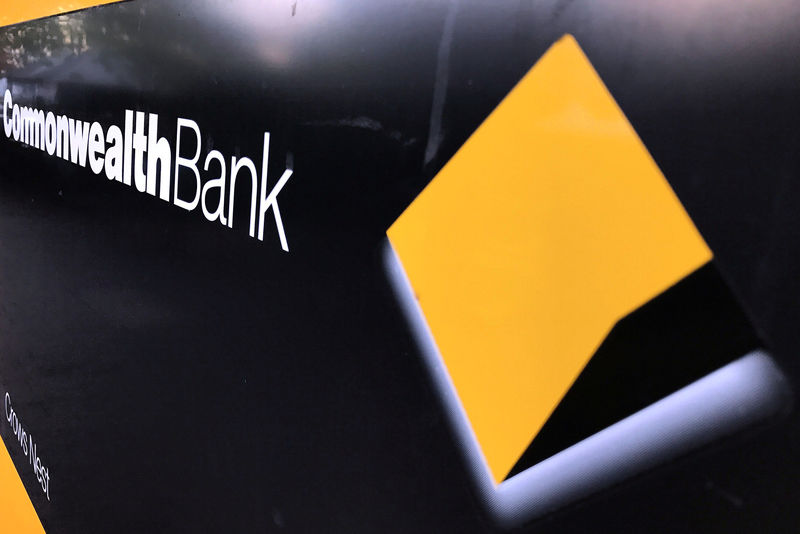* CBA issues $3 bln in USD bonds amid money-laundering scandal
* Bonds priced at lower spreads than flagged, on strong demand
* Bond investors not showing concerns over scandal (Updates throughout with result of bond tender, adds banker comment)
By Paulina Duran
SYDNEY, Sept 13 (Reuters) - Commonwealth Bank of Australia CBA.AX successfully issued $3 billion in bonds in the United States, as investors looked past unprecedented money-laundering accusations levelled against Australia's largest lender.
The bank raised the funds through the three-part bond more cheaply than expected, after receiving orders of $5.9 billion, Thomson Reuters publication IFR Magazine reported on Thursday morning.
CBA had met investors last week to gauge support for the capital raising amid questions over whether the money-laundering scandal would impact its ability to raise debt.
"If there was any concern about the scandal, you couldn't see it in the levels CBA got today," a senior FIG syndicate banker was quoted as saying by IFR Magazine. "I am not surprised by this investor response, because after all it is an AA-minus name with new bonds that are coming at fair value and a bit more."
CBA Group Treasurer Paolo Tonucci told Reuters on Wednesday that recent investor discussions had been "very constructive and the overall view of investors is that our credit quality remains high."
The bond is divided into three parts maturing in three, five and ten years, according to an emailed statement by the bank. The bank will pay only 97 basis points over U.S Treasuries for the 10-year fixed bonds, after it offered 112.5 basis points, while spreads for the three and five-year tranches were also reduced, IFR reported.
CBA is being sued by Australia's financial intelligence body, AUSTRAC, over alleged widespread breaches of anti-money and counter terrorism financing laws, and is also facing separate investigations by two regulatory bodies and a potential class action. shares have shed A$14.3 billion ($11.5 billion), or 9 percent, of their market value since the AUSTRAC case was lodged. It has blamed a coding error for most of the suspicious transactions and plans to defend itself in court.
